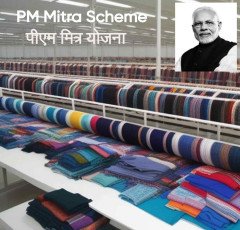
PM Mitra Scheme

The establishment of seven PM MITRA Parks with a Rs 4,445 crores investment over five years has received government approval.
PM MITRA Parks
Updates from PM MITRA Parks
More than a year and a half after the launch of the PM Mega Integrated Textile Regions and Apparel (PM MITRA) scheme, the Center has chosen locations in seven states, including Tamil Nadu, Telangana, Karnataka, Maharashtra, Gujarat, Madhya Pradesh, and Uttar Pradesh, to establish new textile parks.
The innovative PM GatiShakti National Infrastructure Master Plan authorized the transparent process that was used to choose the PM MITRA parks.
Features of PM MITRA Parks
As part of the initiative, public-private partnerships (PPPs) will be used to build PM MITRA parks, which will be owned by the state governments and the Center.
This is a sort of viability gap funding intended to make the project alluring to the private sector.
The State and Central Governments will design an objective criterion to select a master developer who will not only build the industrial park but also maintain it during the concession period.
Project components include
The parks will have 50% of their land used for manufacturing, 20% for utilities, and 10% for commercial construction.
The textile parks will have a plug-and-play facility, an incubation center, established manufacturing sites, roads, a water, power, and waste-water system, a common processing house, a CETP, as well as other associated facilities like a design center and a testing facility, among others. Additionally, the parks will include accommodation for workers, a logistics park, warehousing, a medical center, and facilities for skill development and training.
Monetary assistance
The Government of India would contribute 30% of the project cost, up to a maximum of Rs 500 crore, for a Greenfield PM MITRA park. Development capital support at 30% of the project cost of the remaining infrastructure and other support facilities is to be established for Brownfield locations following assessment, with a cap of Rs 200 crore.
To encourage the construction of manufacturing facilities, the Centre will also allocate a fund of 300 crores for each PM MITRA Park. Competitiveness incentive support (CIS), which will be provided up to 3% of a newly founded unit's revenue in the parks, will be known as this.
A "contiguous and encumbrance-free land parcel of over 1,000+ acres" as well as other textile-related infrastructure and ecosystems will be made available as part of the state government's support in the meantime.
PM Advantages of the MITRA Parks Scheme
Following are some benefits of the Seven PM MITRA Parks:
PM MITRA Parks' Usefulness
The government's initiatives to sign free trade agreements that give Indian textile, garment, and other industries access to developed markets are in line with the PM MITRA program. The government is presently negotiating trade deals with Canada, the UK, and the EU. Trade agreements have already been struck by the government with the UAE and Australia.
Using Special Purpose Vehicles (SPVs), the Center and the corresponding states will collaborate to create and operate the parks, marking yet another example of cooperative federalism.
The PM MITRA parks will establish a centralized textiles value chain, encompassing spinning, weaving, processing/dying, printing, and garment production.
By establishing economies of scale, this will lower logistical costs and increase the textile industry's competitiveness.
The project is anticipated to produce 1 lakh direct and 2 lakh indirect employment opportunities in each park. Additionally, the world-class infrastructure will draw in cutting-edge technology and encourage both local and foreign direct investment in the industry.

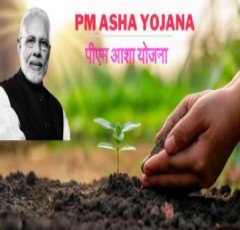
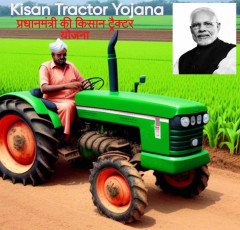
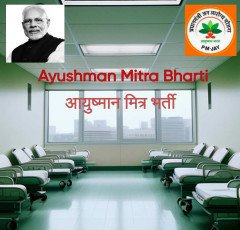
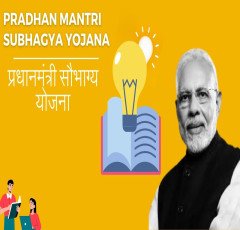
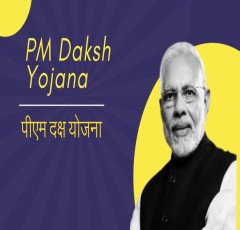
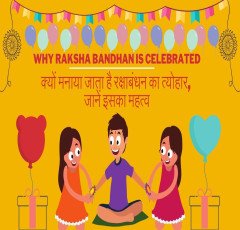
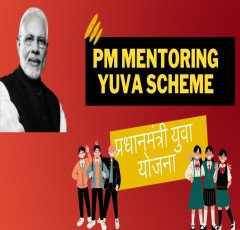
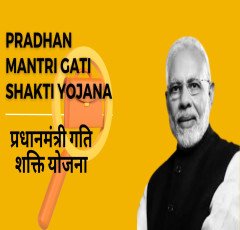
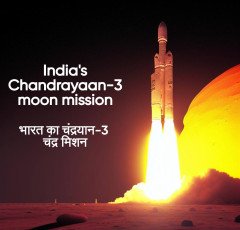
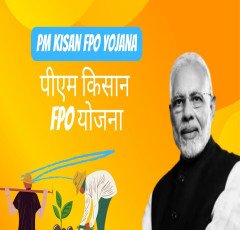
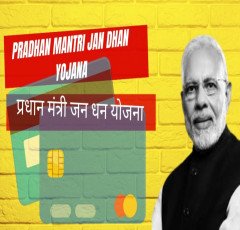
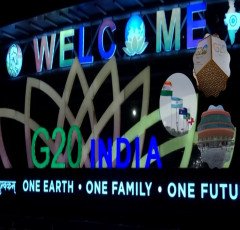
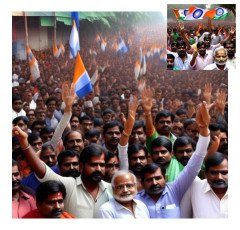

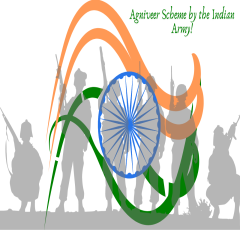






 1150+Trendy kids coloring pages Bundle
1150+Trendy kids coloring pages Bundle  Unlimited access to classes on illustration, photography, design, film, music
Unlimited access to classes on illustration, photography, design, film, music  Favorite Company (Cuelinks)
Favorite Company (Cuelinks)  RPM 3.0
RPM 3.0  Only For The United States
Only For The United States  Amazon Best Selling Products
Amazon Best Selling Products  Online Technology Classes
Online Technology Classes  Best Sellers On Amazon
Best Sellers On Amazon  ELECTRONIC ACCESSORIES
ELECTRONIC ACCESSORIES  SOFAS
SOFAS  SEO Checklist
SEO Checklist  Creative Brief For Video Shoot
Creative Brief For Video Shoot  Hello Theme
Hello Theme  ASUS Laptop
ASUS Laptop  Men Clothing
Men Clothing  The Secret Email System
The Secret Email System  ASPINAL LONDON
ASPINAL LONDON  Best Selling Books
Best Selling Books  BEST SELLER TOP10
BEST SELLER TOP10  Sennheiser
Sennheiser  NordVPN
NordVPN  NordLocker
NordLocker  Acer Laptop
Acer Laptop  Smart Doorbell
Smart Doorbell  Best Robotic Vacuum Cleaners
Best Robotic Vacuum Cleaners  Best Home Appliances
Best Home Appliances  Artificial Intelligence
Artificial Intelligence  One World Collection
One World Collection  Graphics & Design
Graphics & Design  Women Fashion
Women Fashion  TitTok Revolution
TitTok Revolution  Top Rated From Amazon
Top Rated From Amazon  Unreal Engine 5 For Beginners Learn The Basics Of Virtual Production
Unreal Engine 5 For Beginners Learn The Basics Of Virtual Production  The Click Engine
The Click Engine  Hot Bags For Pain Relief
Hot Bags For Pain Relief  All Wireless Products
All Wireless Products  NordPass
NordPass  Online Marketing
Online Marketing 
















